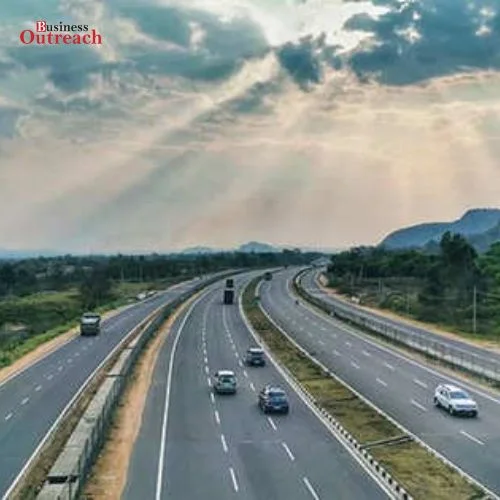The government announced a rise in the minimum support price of wheat for the 2024-25 marketing season on Wednesday, ahead of assembly elections in important wheat-growing areas.
This is the largest rise in MSP for any marketing season since the Modi administration took office in 2014.
Furthermore, the MSP for five additional rabi crops — gram, barley, lentil (masur), rapeseed-mustard seed, and safflower — has been raised. The Cabinet Committee on Economic Affairs (CCEA), led by Prime Minister Narendra Modi, resolved in this respect.
Wheat’s MSP is now Rs 2,125 per quintal for the 2023-24 marketing season (April-March).
Wheat is the principal rabi (winter) crop, with planting beginning in October and harvesting beginning in April.
The minimum support price (MSP) is the lowest price at which grain may be bought by government procurement agencies.
Anurag Singh Thakur, Minister of Information and Broadcasting, told the reporters following the cabinet meeting that the CCEA has authorized an increase in the MSP of six mandatory rabi crops for the 2024-25 marketing season.
“Based on the CACP (Commission for Agricultural Costs and Prices) recommendation, we have increased the MSP of six rabi crops. Wheat MSP has been increased by Rs 150 per quintal,” he said.
Wheat MSP has been increased to Rs 2,275 per quintal for the 2024-25 marketing season, up from Rs 2,125 per quintal in 2023-24.
The hike in wheat MSP comes ahead of assembly elections in the important wheat-growing states of Madhya Pradesh and Rajasthan, at a time when consumer prices for wheat and wheat flour have been under pressure for the last year and a half.
The embargo on wheat exports to manage wheat and wheat flour (atta) prices has been in effect since May 2022.
Wheat MSP is now at its highest level since 2015-16. The last rise was announced for four marketing seasons — 2017-18, 2018-19, 2019-20, and 2023-24 — and was in the region of Rs 100-110 per quintal.
When asked about the implications of the wheat MSP rise on food inflation, the minister said that India maintained prices under control throughout and after the epidemic.
The Minister said that the MSP for barley has been enhanced by Rs 115 per quintal to Rs 1,850 for 2024-25, up from Rs 1,735 current year.
The MSP for gram has been enhanced by Rs 105 to Rs 5,440 per quintal for 2024-25, up from Rs 5,335 per quintal in 2023-24, while the MSP for lentil (masur) has been increased by Rs 425 to Rs 6,425 per quintal, up from Rs 6,000 per quintal.
To promote oilseed cultivation, the government increased rapeseed-mustard seed MSP by Rs 200 to Rs 5,650 per quintal for the 2024-25 marketing season, from Rs 5,450 per quintal in the 2023-24 season.
The MSP of safflower has been increased by Rs 150 to Rs 5,800 per quintal for 2024-25 from Rs 5,650 per quintal, Thakur said.
The minister also mentioned that the increase in the MSP of the rabi crops is in line with the Union Budget 2018-19 announcement of fixing the MSP at a level of at least 1.5 times the all-India weighted average cost of production.
In recent years, the government has promoted crop diversification towards oilseeds, pulses, and millet to improve food security, raise farmer income, and decrease reliance on imports.
The government has launched several initiatives, including the National Food Security Mission (NFSM), the Pradhan Mantri Krishi Sinchayee Yojana (PMKSY), and the National Mission on Oilseeds and Oil Palm (NMOOP), intending to provide financial assistance and quality seeds to encourage farmers to cultivate oilseeds and pulses, according to the minister.
The agricultural ministry has maintained a record wheat production goal of 114 million tonnes for the 2023-24 crop year (July-June), up from 112.6 million tonnes in 2022-23.
According to the government, there is an adequate supply of wheat seeds.
According to official statistics, wheat seed supply is around 123.43 lakh quintals, which is more than the required 102.63 lakh quintals for the next rabi season.
In light of the problems posed by climate change, the ministry has also encouraged wheat-growing states to promote and enhance the area planted with climate-resilient wheat varieties this year.















